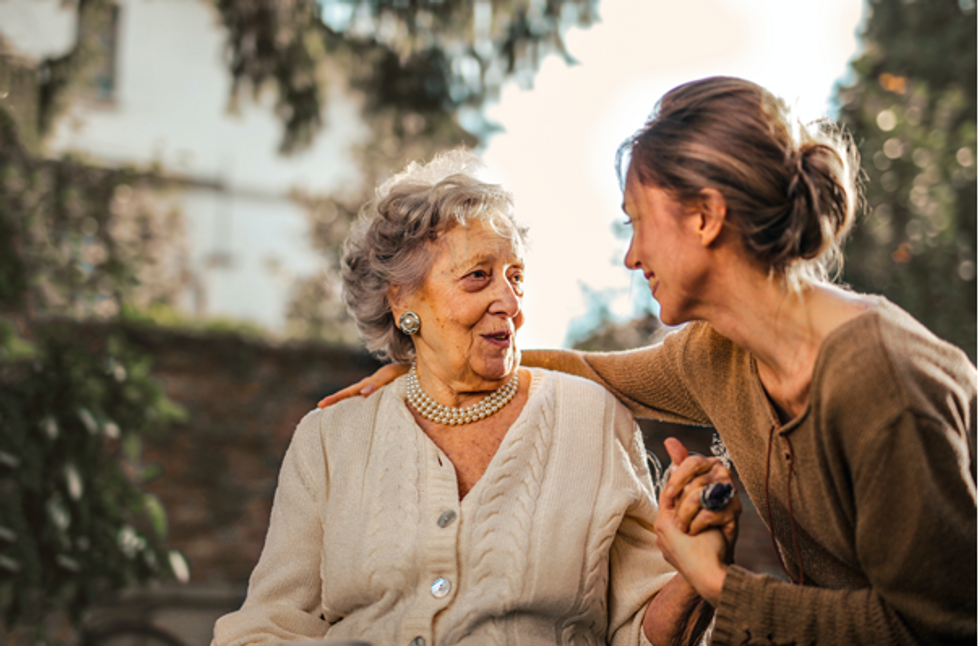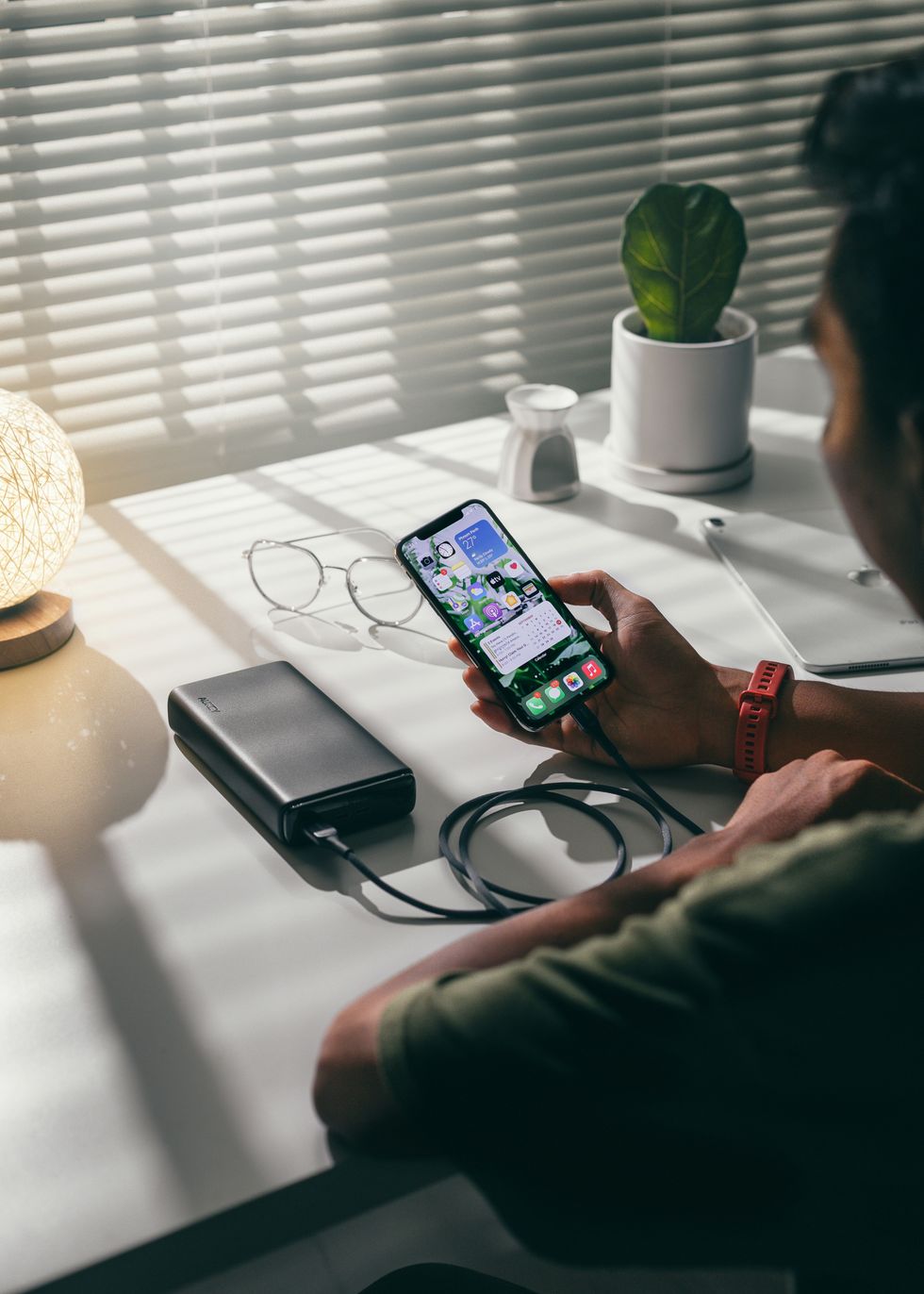.
Aging of the body leads to disruption of the work of many internal organs, including the brain. Loss of memory, responsiveness, and cognitive abilities are not uncommon among people over 70 years old. Degenerative changes in the brain lead to this: deterioration of blood supply, death of nerve cells, and disruption of neural connections.
The result of all these processes is the loss of the seniors' ability to understand and learn about the world around them, serve themselves in everyday life, and perform the most elementary work. In fact, a person with a degenerative brain disease becomes completely helpless. He needs round-the-clock supervision and assistance in all household chores: washing, dressing, etc. In this article, we will consider the benefits of getting living assistance home care in Brooklyn, NY for seniors with mental health problems.
When is a mental health caregiver required?
The nervous system is one of the most complex systems in the body. It is heterogeneous in composition. At the same time, it literally affects all other body systems: motor, visual, and others. With the death of brain cells, a person loses the ability to speak, eat, and move normally. His hearing may be impaired or completely lost. Sometimes there are hallucinations.
The list of pathologies that require a nurse for mentally ill seniors is quite extensive. The most common diseases are:
●a stroke that caused extensive brain damage;
●multiple sclerosis;
●Alzheimer's disease;
●old age dementia;
●oligophrenia;
●epilepsy;
●schizophrenia;
●Parkinson's disease.
People over the age of 70 with the listed diagnoses require help in everything related to everyday life. They cannot cook their own food, eat, clean the table, wash their clothes, or take care of their own hygiene. During periods of clouding of consciousness, they pose a danger to themselves and others. Even if the patient does not take any active action, he can forget a frying pan with food on the stove and start a fire.
In the most severe cases (the last stages of Parkinson's disease, Alzheimer's, etc.), patients are completely bedridden. The brain does not send signals to the limbs. A person practically does not move and remains indifferent to such elementary needs as hunger, thirst, and cold. Only a round-the-clock nurse for a mentally ill person can save him from a painful death from exhaustion, dehydration, or bedsores.
Key responsibilities of a caregiver for the care of old people with CNS diseases
A nurse, who is invited to a mentally ill senior, first of all, provides him with hygienic and medical care. A specialist also helps the senior to go to the toilet. If the patient does not walk, bring him a duck or change diapers. After the toilet, the nurse washes the patient and treats his skin with agents against diaper rash, bedsores, and dryness.
Several times a week, the assistant bathes a patient, changes, launders, and irons bed linen, and keeps the room clean. The nurse monitors the patient's state of health, controls medication, puts in injections, droppers, and performs other medical procedures.
Some people are not able to chew and swallow food on their own. They are fed with a tube. The nurse should know the rules for preparing and serving tube feeding. In general, a caregiver should be not just a housekeeper and assistant in hygiene procedures, but a full-fledged nurse.
Types of nurses for the mentally ill
All nurses caring for people with CNS diseases are divided into visiting and permanent. The former work several hours a day or at certain times of the day (only at night, in the morning, or the afternoon).
Nurses who come for a couple of hours usually perform some kind of medical procedures: they put droppers, injections, massage against bedsores, and help in the rehabilitation of patients after a stroke. When on duty in the night or day shift, nurses perform the entire list of duties, including hygiene, feeding, and more. They are hired to help when key personnel or relatives are on vacation.
Residential caregivers are in the highest demand. In this case, a specialist is with a patient constantly.
Such a caregiver lives with a patient in the same house (apartment), takes care of the patient, and completely manages the household. The nurse is given a separate room to sleep and rest there during free hours. One day a week is a mandatory day off.
How to find a good caregiver
Galaxy Home Care offers a large selection of qualified caregivers for people with mental and neurological diseases. These are workers with medical education who know the nuances of caring for such patients. The staff has the practical experience and qualities necessary to work with the mentally ill:
●physical strength and endurance;
●energy;
●responsible attitude to their duties;
●compassion, kindness;
●respect for the personality of another person;
●honesty and decency.
It is recommended to choose women and men aged 35-55 with no more than 5 years of experience to work with people with CNS diseases. At this age, nurses are still quite energetic. They can handle work that is physically and emotionally difficult. At the same time, mature people have the wisdom and patience to treat mentally ill old people with due compassion.
Work experience determines the quality of the nurse's performance of their duties. Too little experience or its complete absence can lead to dangerous situations for the patient.
However, too much work experience is not good. With prolonged contact with the mentally ill, even the most persistent nurses get tired and face professional burnout. They become nervous and irritable. This is bad for workers. The caregiver may lash out at the patient, yell at him, or even use force. Of course, all this is highly undesirable.
Final thoughts
For people who do not have experience and knowledge, caring for people with CNS disease can cause serious difficulties and lead to burnout. To monitor such people, it is recommended to invite a caregiver with experience. With Galaxy Home Care, you can find an excellent specialist for your loved one who will support him, and you will be calm for his safety.




 Photo by
Photo by 
 Photo by
Photo by  Photo by
Photo by 

 Photo by
Photo by  person holding black smartphone on white textile
Photo by
person holding black smartphone on white textile
Photo by  StableDiffusion
StableDiffusion
 Photo by
Photo by  Photo by
Photo by 








